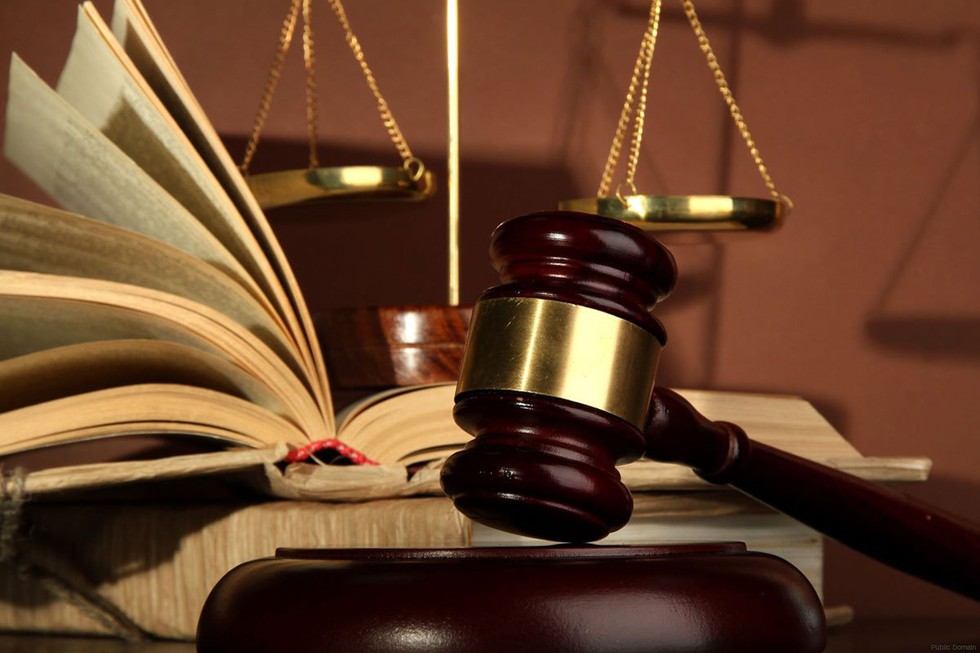In a notable decision, the Supreme Court of India addressed the interaction between Article 20(3) of the Indian Constitution and Section 294 of the Criminal Procedure Code (CrPC). This ruling clarifies the procedural aspects of criminal trials in relation to the rights of the accused.
Article 20(3) of the Indian Constitution
Article 20(3) of the Indian Constitution provides that no person accused of an offense can be compelled to be a witness against themselves. This constitutional safeguard aims to protect individuals from self-incrimination during legal proceedings.
Section 294 CrPC
Section 294 of the CrPC pertains to the examination of documents presented by the prosecution. This provision is designed to expedite the trial process by requiring the accused to either admit or deny the authenticity of the documents presented as evidence.
Supreme Court’s Decision
The Supreme Court ruled that the process of calling an accused to admit or deny the genuineness of documents does not violate the protections afforded under Article 20(3). The Court’s decision underscores that this procedural requirement does not amount to self-incrimination. Instead, it serves to enhance the efficiency of the judicial process while respecting constitutional rights.
Key Takeaways
- The Supreme Court’s ruling balances the need for procedural efficiency with the protection of constitutional rights.
- The decision affirms that acknowledging or challenging the authenticity of evidence is a procedural matter and does not infringe upon the right against self-incrimination.
Multiple-Choice Questions (MCQs):
1. What does Article 20(3) of the Indian Constitution guarantee?
- A. Right to a fair trial
- B. Protection against self-incrimination
- C. Right to an attorney
- D. Right to a speedy trial
- Answer: B. Protection against self-incrimination
2. What is the purpose of Section 294 of the Criminal Procedure Code (CrPC)?
- A. To determine the punishment for a crime
- B. To expedite trials by allowing examination of documents
- C. To provide bail to the accused
- D. To collect evidence from witnesses
- Answer: B. To expedite trials by allowing examination of documents
3. How did the Supreme Court interpret the requirement for an accused to admit or deny the authenticity of documents?
- A. As a violation of Article 20(3)
- B. As self-incrimination
- C. As a legal procedural requirement
- D. As a right to remain silent
- Answer: C. As a legal procedural requirement
4. What is the significance of the Supreme Court’s ruling in this case?
- A. It promotes longer trials to ensure fairness
- B. It emphasizes the balance between trial efficiency and constitutional protections
- C. It allows for more lenient punishments
- D. It eliminates the need for document examination
- Answer: B. It emphasizes the balance between trial efficiency and constitutional protections
